(September 16, 2021) StanPlus has grown to become a pioneer in India’s ambulance services space in a relatively short time. Using technology and a robust response system on the ground, along with a strong network of hospitals, StanPlus has entered and cracked open a segment of health space that very few thought was possible.
Yet, the idea of an ambulance service was not on top of the three co-founders’ minds when they were doing their MBA at INSEAD, France. But an entrepreneurship competition at INSEAD in June 2016 changed it all. “My friends and I won, and StanPlus was born out of that win. We realized that the market is huge and this business could create an impact – for other businesses, people and the entire ecosystem. We came back to India, and started this company in December 2016,” says Prabhdeep Singh, Co-Founder and CEO of StanPlus in an exclusive char with Global Indian. Incidentally, Prabhdeep Singh also featured in the Forbes 30 Under 30 list.
The other founders are Antoine Poirson, COO, and Jose Leon who is the CTO of StanPlus.

Meteoric rise
Within a short period, StanPlus has become India’s largest ambulance dispatch service with a strong network in Hyderabad, where it has its base. Red Ambulance today represents quick response, fast transport, top-of-the-line medical equipment and quality paramedics wherever they operate. “We are operating in Hyderabad, Bengaluru, Raipur, Coimbatore and Bhubaneswar at the moment with our own ambulances; these will soon be expanded to Mumbai, Chennai, Delhi, Kolkata and Pune. We operate pan India with our aggregate network,” says Prabhdeep, who grew up in Chandigarh and studied at Narsee Monjee Institute of Management Studies before moving to France for his MBA.
A single toll-free number for all geographies has made it the go-to emergency ambulance service in Hyderabad, Bengaluru and several other cities.
In the last five years, the organization has already gone through the rigmarole that any startup would face — funding, technology adoption issues, finding quality personnel, on boarding hiccups and the Covid-19 pandemic, but it has come out on top, thanks to its innovative platform, doggedness of its founders and the belief that the platform is built to succeed. “As any other startup, we had our challenges. We went through a death valley curve as well. But we always kept an open mind. We believed in the vision and skills of the experienced founding team, and scope of the market. There is a huge gap that needs to be filled between existing and potential quality emergency care in India, StanPlus passionately works towards that every day,” says Prabhdeep.
Red market share exploding. https://t.co/UCdOqtjj36
— Prabhdeep Singh 🚑 (@singhofstanplus) September 5, 2021
The potential it holds
Prabhdeep Singh says that investors in the startup are excited about how far it has come. “We have had an amazing experience with our investors, which includes people who are on our board and those who’ve joined us on the journey. Their feedback, inputs and guidance are invaluable,” he says.
At StanPlus, they put a premium on understanding the needs of the people, fast roll-out of plans and scaling up. With this strategy, StanPlus is going pan-India with plans to add 3,000 ambulances with advance life support (ALS) system in three years across 30 cities with a cumulative investment of around ₹900 crore. StanPlus is a family 600 employees and the team is growing everyday as it expands operations across the country. “We hire trained paramedics, who are then again trained on our own ALS ambulances to ensure quality service. However, in future, we want to start our own training academy,” Prabhdeep says.
It is not content with operations on the ground alone. The Red Ambulance service of StanPlus, will now foray into the air ambulance space across India. However, air ambulance services are considered expensive with no organized player in the space. But StanPlus seems to have a plan in place.
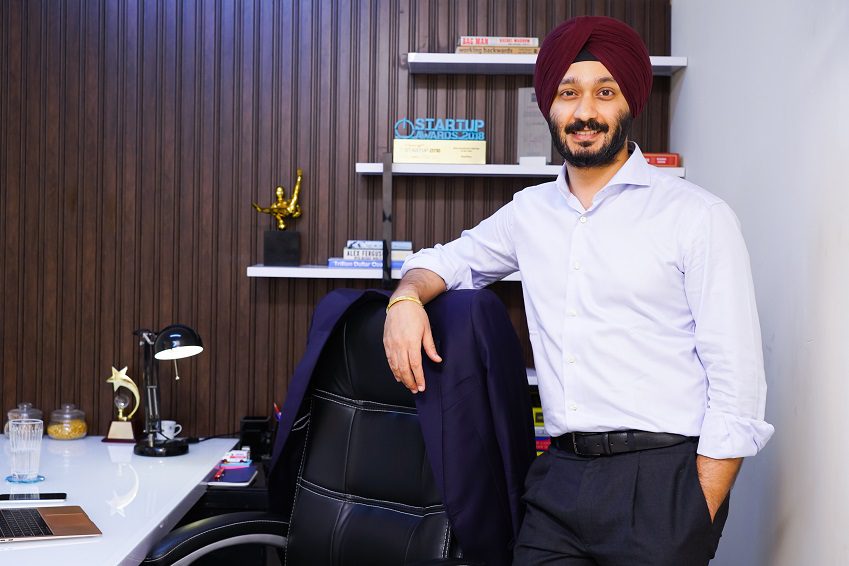
If anybody had any doubts about the StanPlus model’s sustainability or the aggressive nature with which it has been expanding, its work during Covid melted away those thoughts. While most of the country came to a halt during the both waves of the pandemic in 2020 and 2021, it was probably the busiest time for Prabhdeep Singh and his team, meeting the challenge head-on came. And they came out with flying colors. “The biggest challenge was when our own employees were covid infected. As a healthcare company operating in emergency response, we had a responsibility to enable our healthcare system to cope better. There was a 10x increase in our demand for our services, but the supply of quality ambulances was short. The oxygen shortage impacted us. All of this also increased the cost of operations. We have taken responsibility for ensuring that no patient pays more than the standardized rate in the regions where we operate,” recalls Prabhdeep.
A voracious reader, Prabhdeep likes to stay grounded in reality. His collection of books provides a peek into this. “I’m reading And Then One Day – A Memoir by Naseeruddin Shah at present. I’m a proud owner of an amazing collection of books. Most of them are autobiographies, memoirs and business books. Although, I do read fiction as well,” he says.
Prabhdeep’s day begins with a cup of black coffee. And he then starts with the focus on “mindfulness.” “It energizes me for the day and helps me channel my thoughts.” The thoughts to succeed and see StanPlus rise and rise.

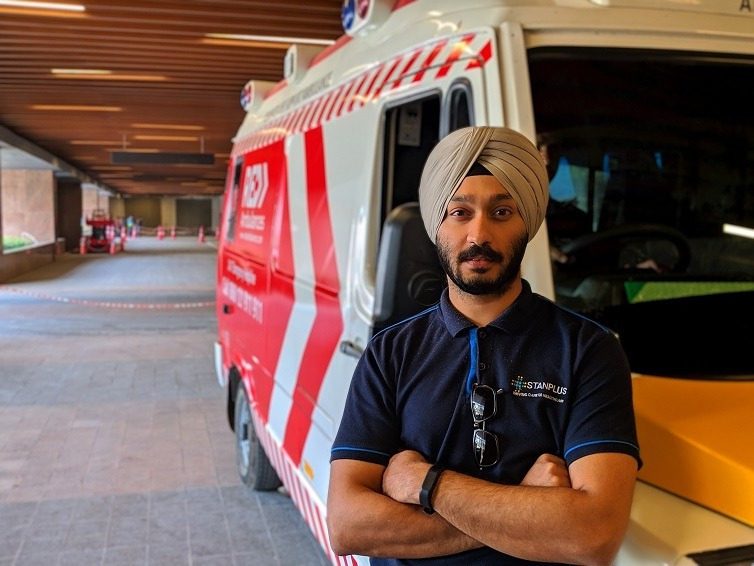

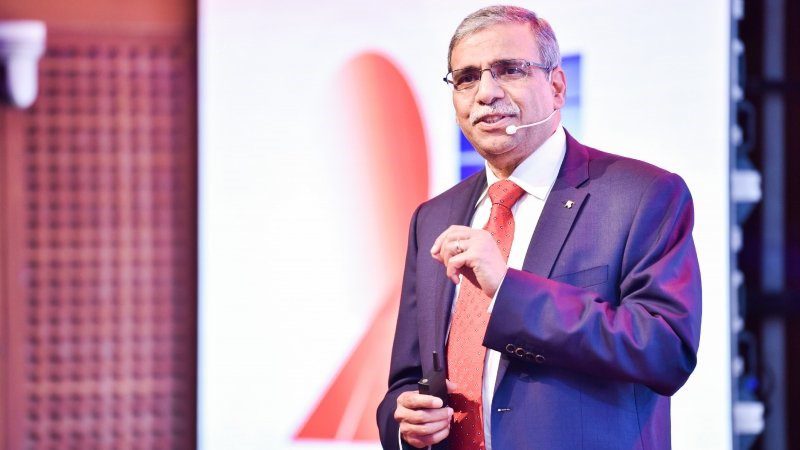 Professor Dipak Jain. Photo:
Professor Dipak Jain. Photo: 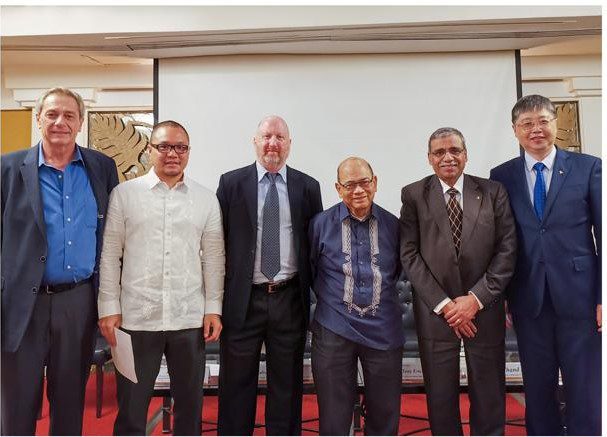 Prof Jain with alumni from CEIBS[/caption]
Prof Jain with alumni from CEIBS[/caption]
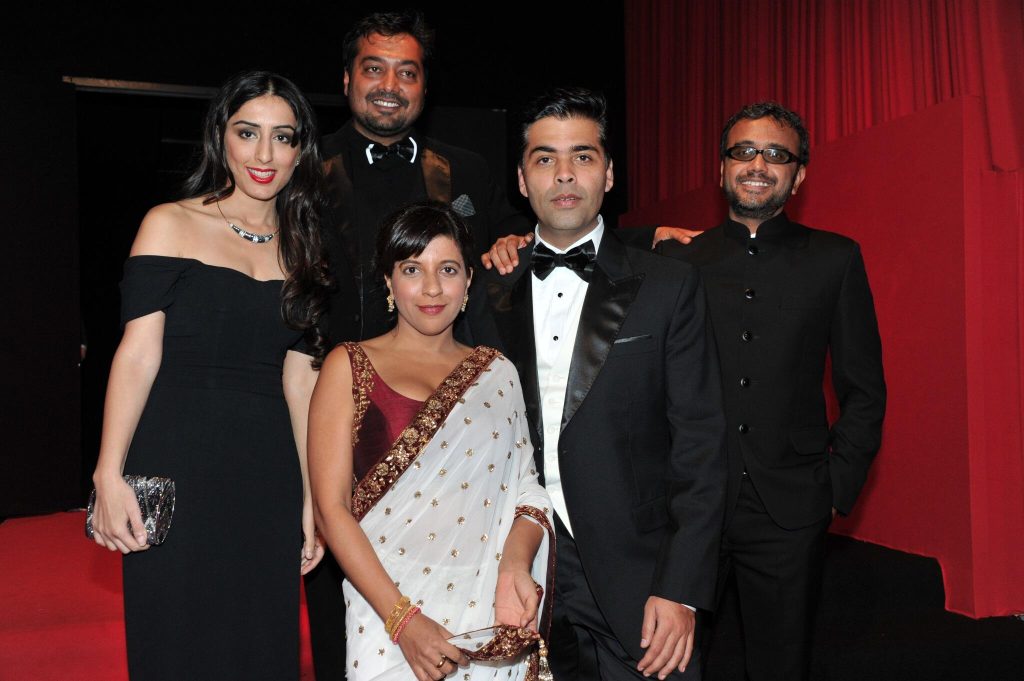 Ashi Dua with Karan Johar and Anurag Kashyap[/caption]
Ashi Dua with Karan Johar and Anurag Kashyap[/caption]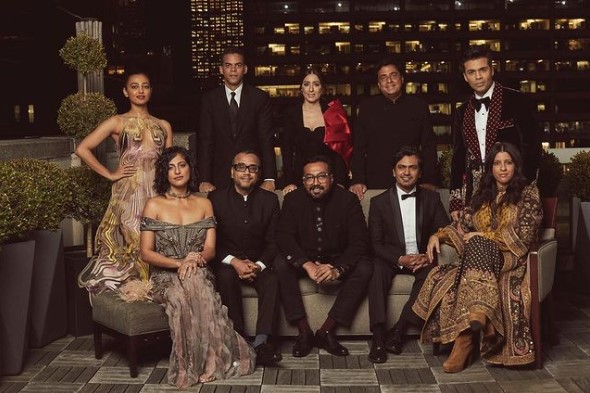 Photo: Instagram[/caption]
Photo: Instagram[/caption]
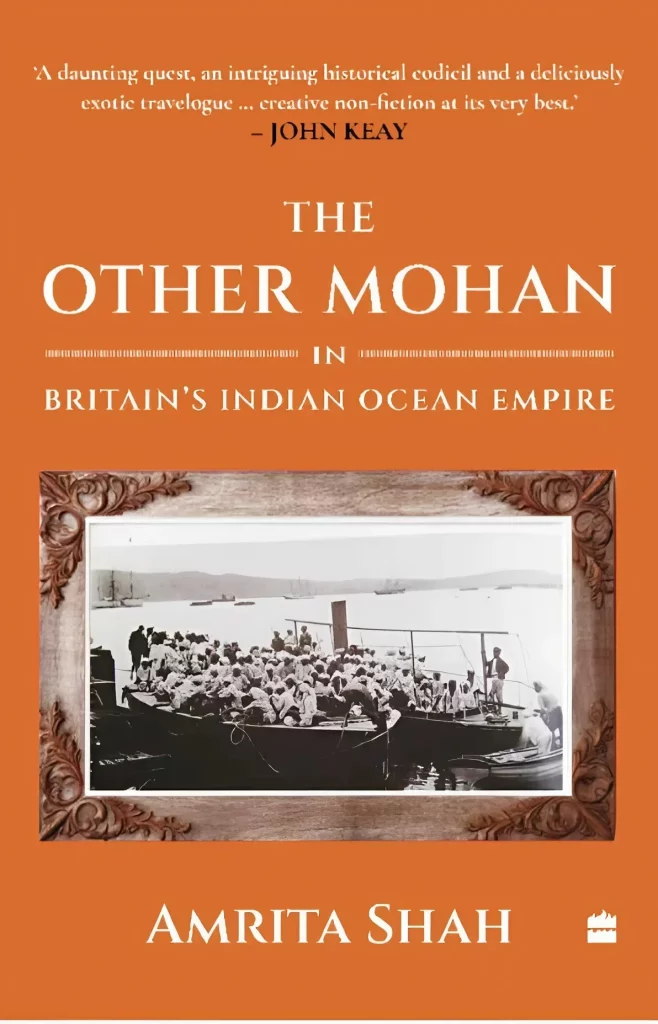
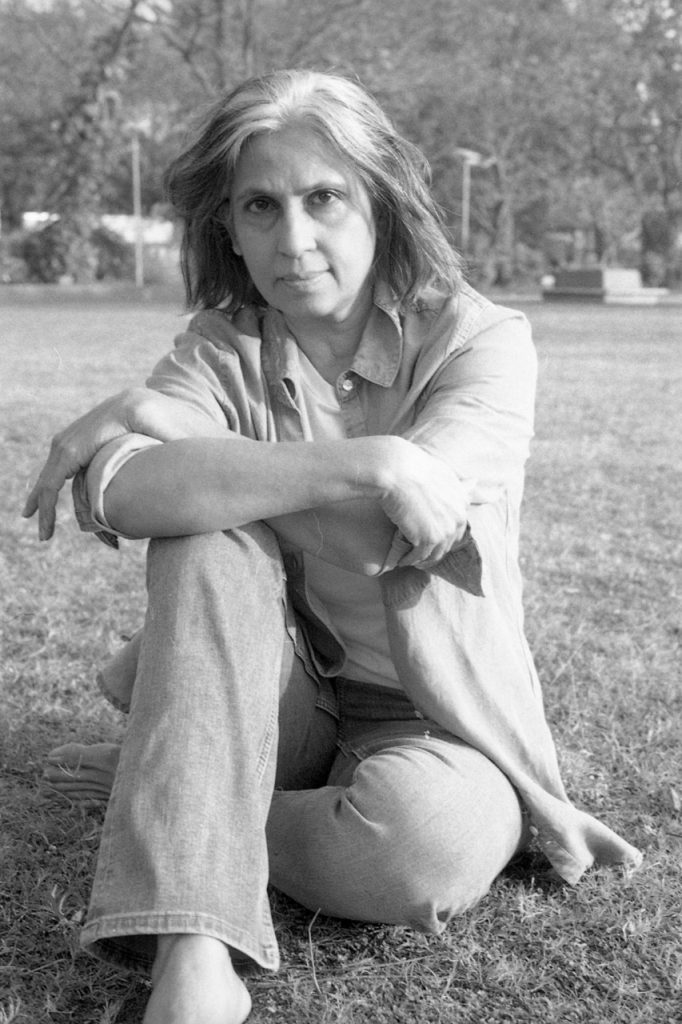
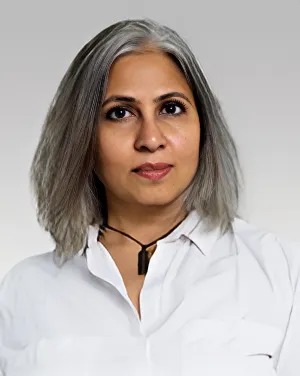
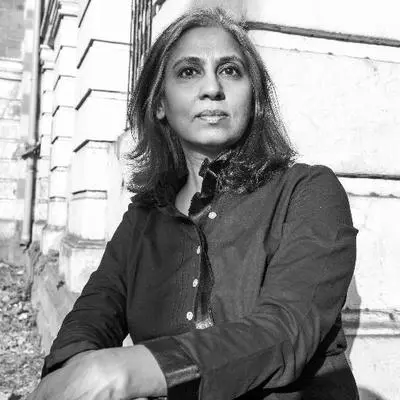
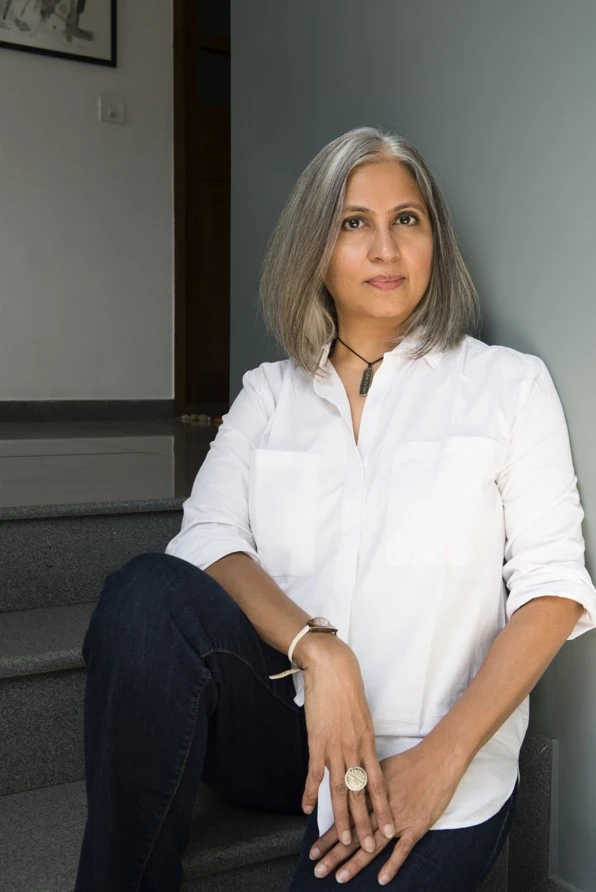
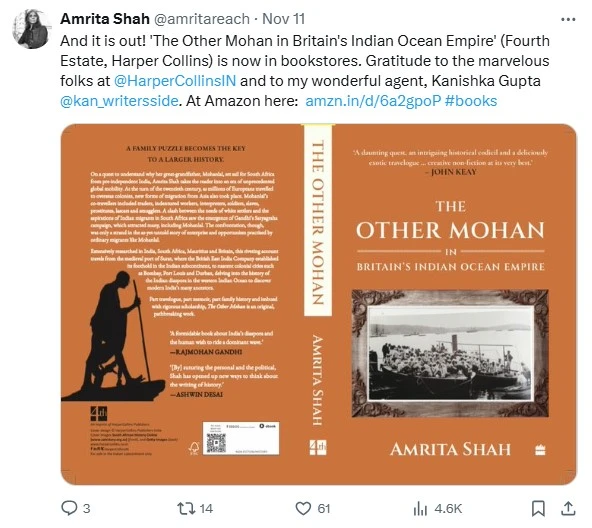

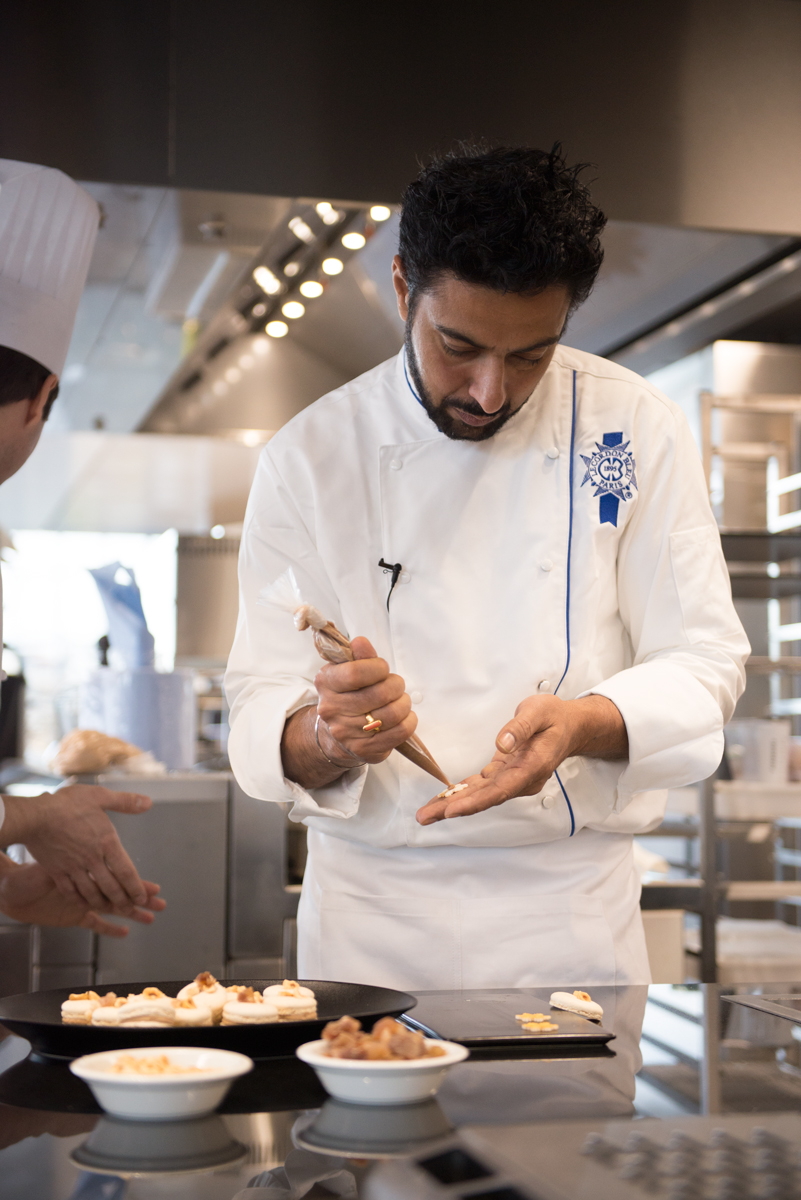
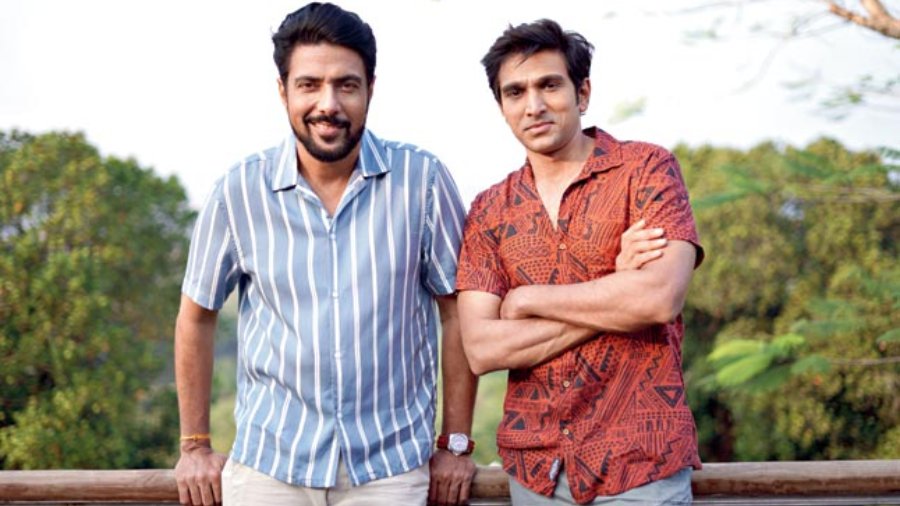 Chef Ranveer Brar with actor Pratik Gandhi, during the shoot of Modern Love Mumbai[/caption]
Chef Ranveer Brar with actor Pratik Gandhi, during the shoot of Modern Love Mumbai[/caption]